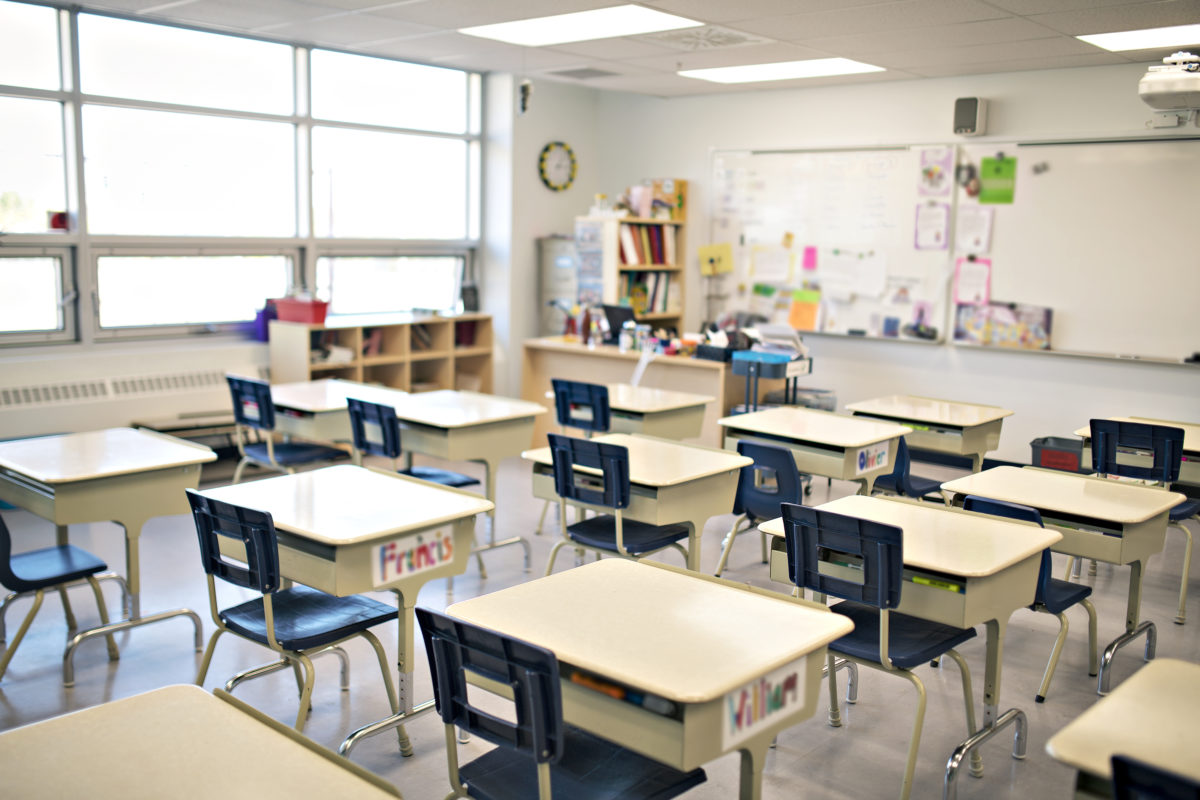The Bottom Line Word to the ‘Wise’: Progressives Forget That Parents Are in Charge of Kids’ Education
Originally published at The New York PostA growing number of parents are pushing back on public school teachings they consider harmful to their children. They’ve raised a collective voice against divisive approaches like Critical Race Theory, radical gender policies, and the injection of woke ideology into almost every school subject. And they’re making a difference.
After winning Virginia’s gubernatorial race earlier this month largely on an education platform, Glenn Youngkin assured Virginian parents he’s in their corner: “We’re going to restore excellence in our schools…We’re going to embrace our parents, not ignore them.”
But many public education proponents aren’t so welcoming toward parents. Youngkin’s opponent, Terry McAuliffe, ran on the premise that parents shouldn’t be telling schools what to teach. Former president Barack Obama echoed his sentiments, referring to parental concerns as “phony, trumped-up culture wars.” A recent opinion piece in The Washington Post by education professor Jack Schneider calls parents’ efforts “conspiratorial fantasies,” comments that earned kudos on Twitter from Randi Weingarten, head of one of the nation’s largest teacher’s unions. Another education professor, Christina Wyman, put it even more bluntly in an NBC News opinion piece: “Parents, community members, and politicians who aren’t qualified to teach should keep their noses out of school curricula.” And in a calculated attempt to scare parents and silence their dissent, liberal advocacy group National School Boards Association asked President Biden to intervene, calling angry parents a “form of domestic terrorism.” Less than a week later, Attorney General Merrick Garland issued a memo activating the FBI to probe local “threats of violence” to school boards.
Those looking to quell the pesky parental rebellion in America’s public schools need to face up to this simple, incontrovertible fact: parents are the primary educators of their children. From before they’re even born, parents teach their children by their words and deeds. As kids grow, parents often choose to partner with other parents, community leaders and teachers to amplify their children’s learning. But ultimate responsibility for the quality of a child’s education — physical, mental and spiritual — lies solely with parents.
Up until the early 1800s, many parents embraced the spiritual duty set out in the book of
Proverbs to “train up a child in the way he should go,” with church-established schoolhouses striving to support them. But with increased immigration and urban development came the call to offer free government-subsidized schooling for all. What began as a lofty endeavor complete with non-denominational moral instruction has, in the modern era, descended into an environment openly hostile to the Judeo-Christian ideas that fueled Western civilization and our unique American experiment. As sociologist Susan Rose put it, the public school “became the substitute for the American national church.”
As publicly funded “experts” took over the role of educating American children, the role of parents was largely marginalized. Today, we’re reaping the consequences of that shift in responsibility.
Meanwhile, more parents are choosing to take on the role of primary educator to their kids. By the start of the 2020-21 school year, the number of school-age children getting taught at home in the US more than doubled from the year before to 11.1 percent, and a new study suggests homeschooled kids are healthier, happier and more likely to attend religious services than many public-school graduates.
What really qualifies one to teach? While learning the “science” of teaching can be
useful, especially for classroom instruction of multiple students, it’s the basics that clinch it: a willingness to invest your time, the wisdom to address the physical and spiritual as well as mental needs of the student, and the restraint to teach how to think rather than what to think.
Teaching kids how to think requires a partnership between parents and the educational community. Without parents producing the children that populate public schools, there would be no public schools and no school boards to govern them. Public schools would do well to remember that fact, and start showing parents the respect they deserve.


